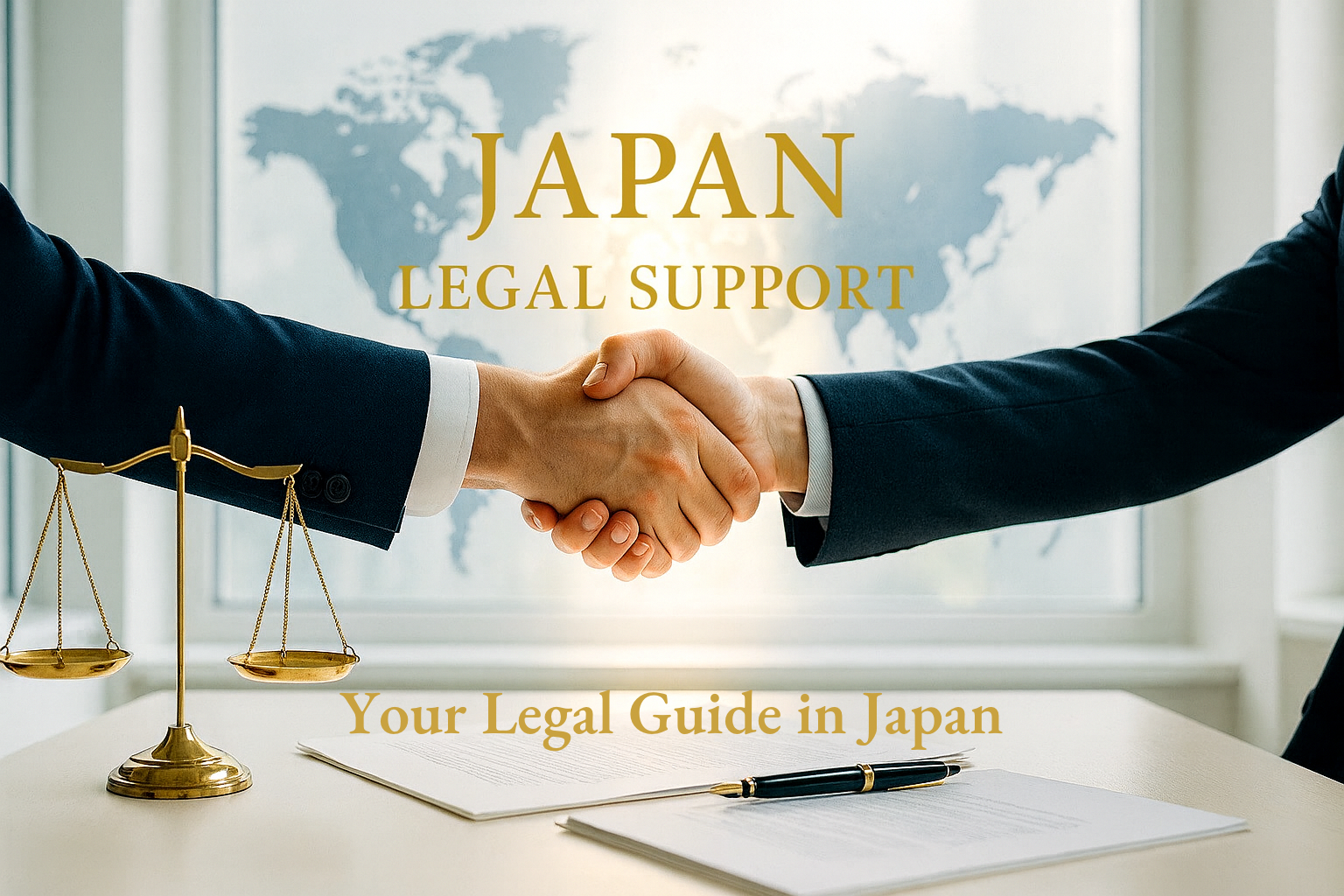Introduction
If you work for a company in Japan, you’ll likely hear the term Year-End Adjustment (年末調整 / Nenmatsu Chousei) every December.
It’s a process your employer does to adjust your income tax for the year — so you usually don’t have to file a tax return yourself.
This guide explains what it is, when it happens, what you need to submit, and when you might still need to file a Final Tax Return (確定申告 / Kakutei Shinkoku) separately.
👉 Related: [Income Tax in Japan: A Complete Guide (2025)]
👉 Related: [Final Tax Return in Japan: A Complete Guide]
What Is Year-End Adjustment?
Year-End Adjustment is a system that ensures you paid the correct amount of income tax (所得税 / Shotokuzei) during the year.
If you’re an employee, income tax is deducted monthly from your salary based on an estimate.
But because life changes — like getting married, having children, or paying insurance — your actual tax due may differ.
So in December, your employer recalculates your total annual income, deductions, and withholding, and then:
- Refunds the extra tax you paid, or
- Collects the shortfall (if you underpaid).
💡Think of it as Japan’s version of a “year-end tax adjustment” — similar to tax reconciliation in other countries.
Who Does It and When
Year-End Adjustment applies to employees whose income comes mainly from one company.
Your employer handles the entire calculation and payment to the tax office.
It’s usually done:
- tween late November and mid-December,
- Based on your total salary and deductions for that year (January–December).
💡If you worked for the same employer all year, you don’t need to visit the tax office.
Everything is done automatically through payroll.
What You Need to Submit
Around November or December, your employer will hand out several forms for you to complete and return.
These forms help them confirm your dependents, insurance, and life situation, so they can calculate your final tax correctly.
Main forms
- Declaration of Dependents for Employment Income (給与所得者の扶養控除等申告書)
→ Lists your dependents (spouse, children, or other qualified family members).
Submit once a year, usually at the start of employment or when requested again in December. - Insurance Premium Deduction Declaration (給与所得者の保険料控除申告書)
→ Used to claim deductions for life insurance, earthquake insurance, or private pension contributions.
Attach proof documents from your insurance company (usually mailed around October–November). - Basic, Spouse, and Income Adjustment Declaration (給与所得者の基礎控除申告書等)
→ This combined form covers three parts — the basic deduction, spouse deduction, and income adjustment deduction (for those with both salary and pension or double income households).
It’s used to report your total estimated income and whether you support a spouse or dependents.
💡Tip: The forms are in Japanese, so it’s best to ask a Japanese colleague or use online translation tools when filling them out.
When You Still Need to File a Final Tax Return
Most employees don’t need to file a Final Tax Return (確定申告 / Kakutei Shinkoku).
However, you’ll need to file one between mid-February and mid-March (next year) if any of these apply:
- You changed jobs but didn’t submit your previous employer’s Withholding Tax Certificate (源泉徴収票 / Gensen Choshu-hyo) to your new employer.
- You earned side income (freelance work, investment, etc.) of more than ¥200,000 (2025).
- You wish to claim additional deductions not included in year-end adjustment (e.g., medical expense deduction, donations).
- You left Japan before December and your employer couldn’t perform year-end adjustment.
👉 Related: [Final Tax Return in Japan: A Complete Guide]
What Happens After Year-End Adjustment
After your employer completes the process:
- You’ll receive a Withholding Tax Certificate (源泉徴収票 / Gensen Choshu-hyo) in January (next year).
- This certificate shows your total annual income and taxes paid.
- Keep it safely—it’s often required for visa renewal, housing applications, and tax filings.
💡If you switch jobs the next year, your new employer will ask for your previous Gensen Choshu-hyo to calculate your new withholding correctly.
Common Mistakes (to Avoid)
- Not submitting forms on time.
→ Missing deadlines means missing deductions. Submit them as soon as HR requests. - Forgetting to include spouse or dependents.
→ You may overpay tax if they aren’t listed. - Losing the Gensen Choshu-hyo.
→ You’ll need it for visa renewal or future filings—keep a digital copy. - Assuming year-end adjustment covers side jobs.
→ It doesn’t. If you earn side income over ¥200,000 (2025), you must file a Final Tax Return. - Believing non-residents get year-end adjustment.
→ Only residents (those who live in Japan and receive a regular salary) are eligible.
FAQ
Q1: I started working in September. Will my company still do year-end adjustment?
A: Yes, but only for the period you worked there. Your total income for the year is recalculated based on those months.
Q2: What if I changed jobs during the year?
A: If you changed jobs, your new employer can still perform the year-end adjustment — but only if you submit your Withholding Tax Certificate (源泉徴収票 / Gensen Choshu-hyo) from your previous company.
If you don’t submit it, you’ll need to file a Final Tax Return yourself.
Q3: When will I get my refund?
A: Usually with your December salary (sometimes January). The refund is automatically added to your paycheck.
Q4: I have dependents overseas. Can I claim them?
A: Possibly, but documentation is strict. You must provide translated proof of relationship and financial support (e.g., money transfer receipts).
Q5: Do part-time workers also get year-end adjustment?
A: Yes, if you have only one employer and your income is taxed through salary withholding.
If you work multiple part-time jobs, you’ll need to file a Final Tax Return.
Conclusion
For most employees in Japan, Year-End Adjustment (Nenmatsu Chousei) is the simplest way to finalize income tax — no visit to the tax office, no complicated filing.
Just remember to submit your forms on time and keep your Withholding Tax Certificate safe.
👉 Related: [Income Tax in Japan: A Complete Guide (2025)]
👉 Related: [Final Tax Return in Japan: A Complete Guide]
👉 Related: [Taxes in Japan: A Complete Guide]
Note: This article is written for foreigners living in Japan or planning to move to Japan. Conditions and requirements may vary depending on individual circumstances.




